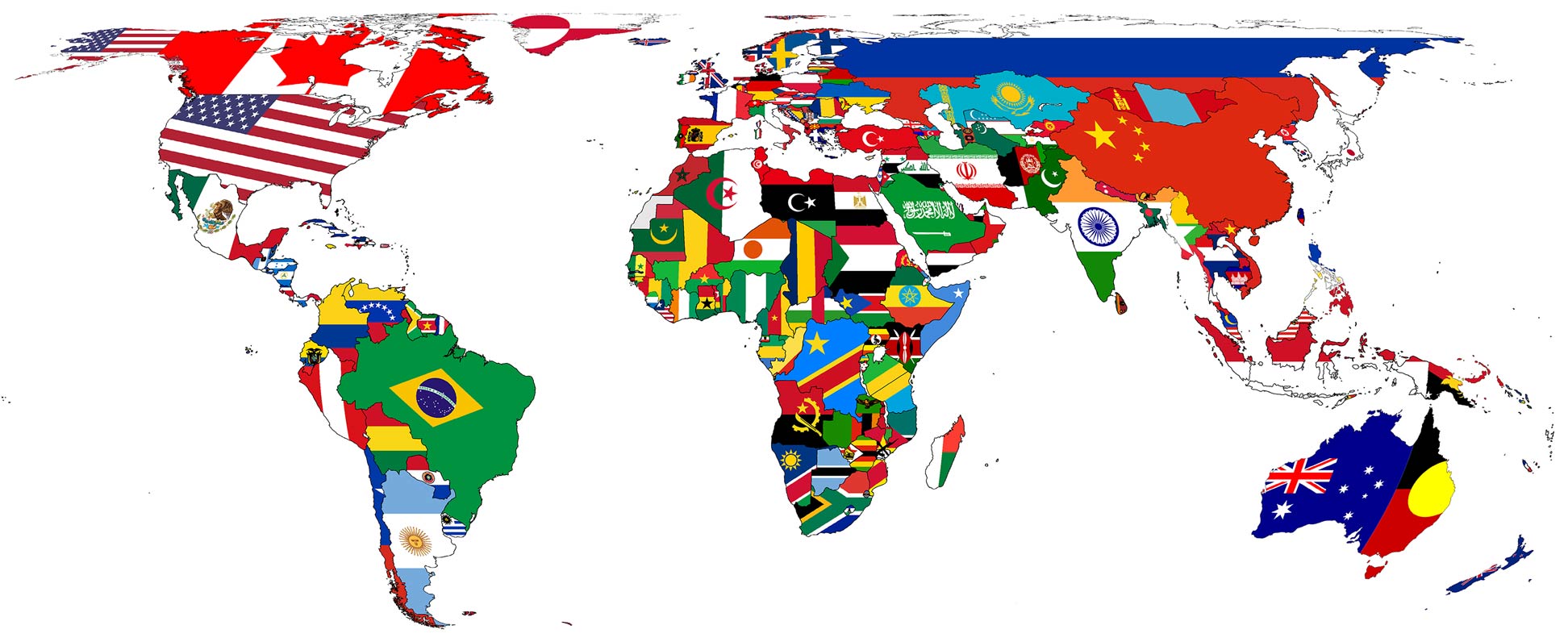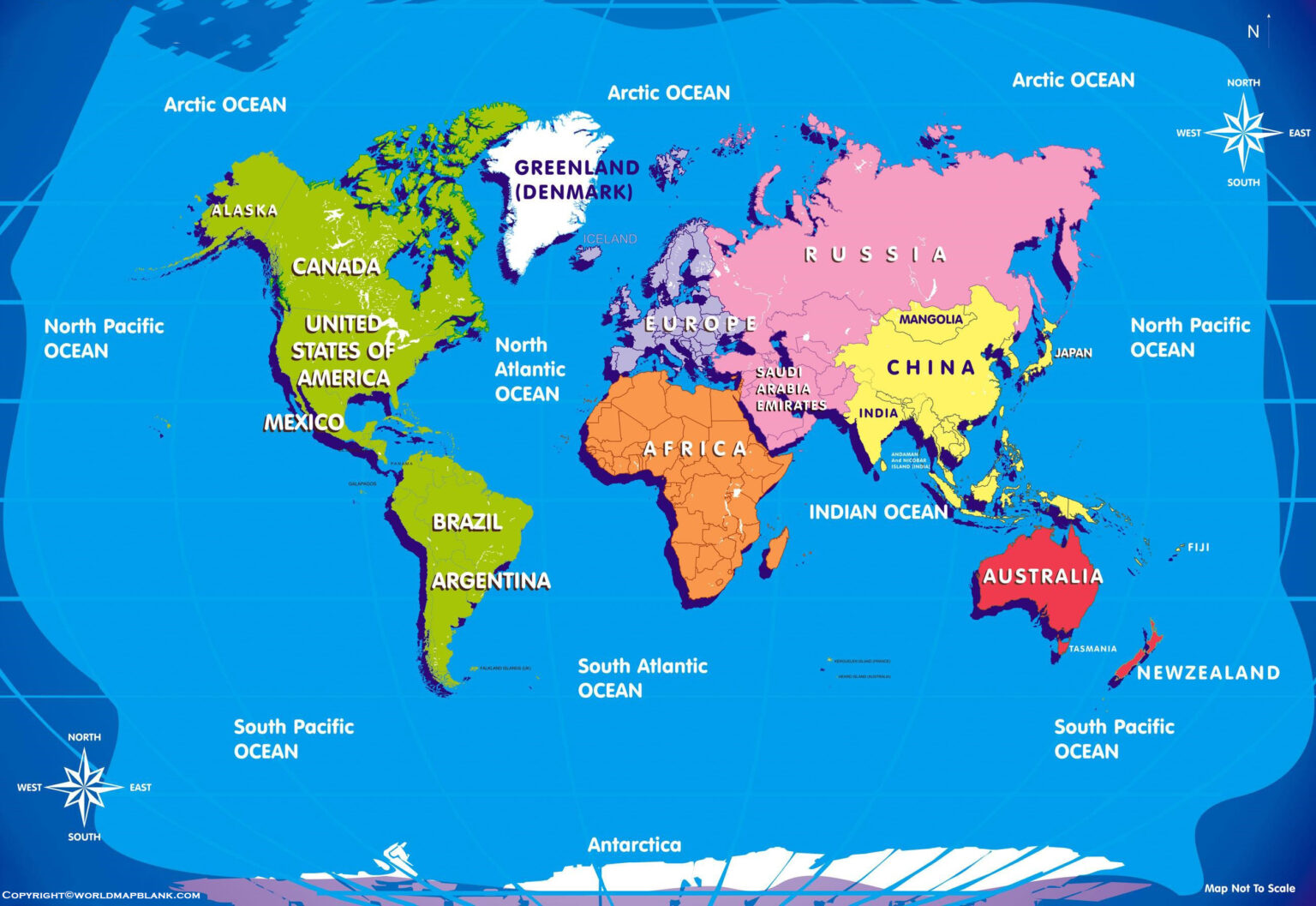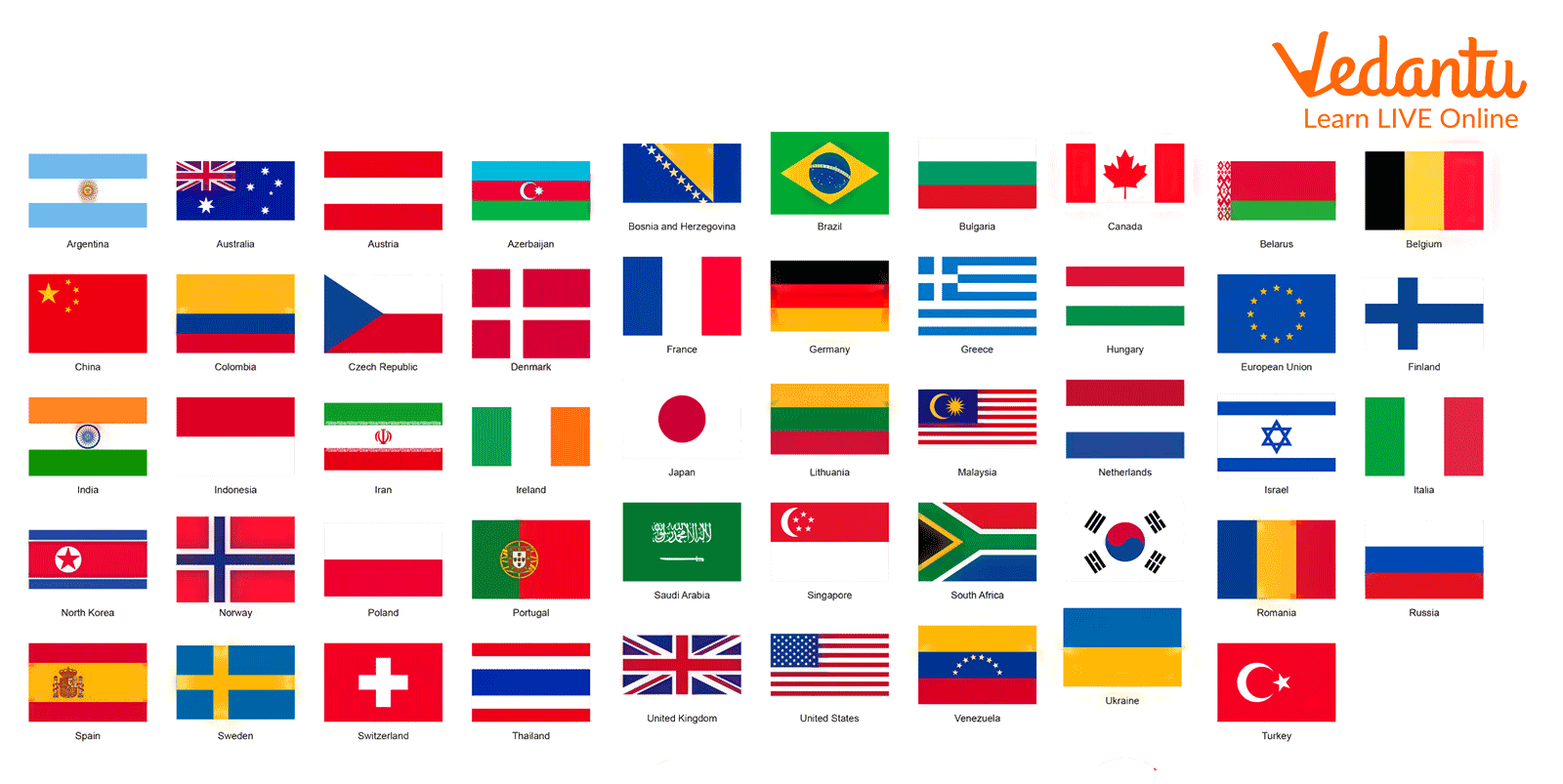Country Code 63: Unmasking Philippines Scams & Safe Calling
In an increasingly interconnected world, receiving calls or messages from unfamiliar international numbers has become a common occurrence. One such prefix that frequently appears on people's screens is the country code 63. While this code legitimately belongs to the Philippines and is essential for international communication with the archipelago, it has also, unfortunately, become a preferred tool for scammers attempting to defraud unsuspecting individuals.
Understanding the dual nature of the +63 country code is crucial for anyone navigating today's digital landscape. This comprehensive guide will not only demystify the legitimate use of the Philippines' international dialing code but also equip you with the knowledge to identify, avoid, and report the pervasive scams associated with it, ensuring your money and personal information remain safe.
Table of Contents
- Understanding Country Code 63: The Philippines' Digital Gateway
- How to Make International Calls to the Philippines Using +63
- The Rise of the +63 Country Code Scam
- Common Tactics of +63 Scammers
- Identifying and Verifying +63 Numbers
- Protecting Yourself from +63 Scams
- Reporting +63 Country Code Scams
- The Broader Context: Why Scammers Exploit International Codes
- Conclusion
Understanding Country Code 63: The Philippines' Digital Gateway
The prefix +63 is unequivocally the country code for the Philippines, a vibrant Southeast Asian archipelago. This international area code is indispensable for routing all calls originating from outside the Philippines to landlines and mobile numbers within its telecommunications network. Without the proper use of the country code 63, international calls to this nation simply would not connect.
The Philippines is strategically located in Asia, and its economy primarily uses the Philippine Peso. It is a nation with a substantial population, estimated to be around 99,138,690 inhabitants. This large populace is highly connected, boasting approximately 3,939,000 landlines and a staggering 103,000,000 cell phone users. This high mobile phone penetration makes it a significant player in global telecommunications, and unfortunately, also a target for various digital activities, including illicit ones. The top-level domain (TLD) or country-specific internet domain for the Philippines appropriately ends with .ph, further solidifying its digital identity.
How to Make International Calls to the Philippines Using +63
Making an international call to the Philippines is a straightforward process once you understand the sequence of dialing codes. The country code 63 is just one component of a complete international dialing sequence. Here's a step-by-step guide on how to successfully dial a number in the Philippines from another country:
- Dial the Exit Code for Your Country: This is the code you dial to make an international call from your current location. It is usually 00 or 011, but it can vary depending on your country.
- Dial the Country Code for the Philippines: This is where the +63 comes in. After your exit code, you will dial 63.
- Dial the Area Code for the City You're Calling in the Philippines: The Philippines uses various city codes or area codes. For instance, Manila has its own area code, just as other major cities do. These area codes are dialed after the country code 63. While a complete table of all city codes isn't exhaustive here, knowing the specific city you're calling is crucial for obtaining the correct area code. Historically, some rural areas might have used four to five digits for their codes.
- Dial the Local Phone Number: Finally, you will dial the local phone number. It's important to note that mobile phone numbers in the Philippines are always 10 digits long, with the first three digits typically indicating the service provider. For landlines, after the area code, you would dial the specific local number. When dialing, remember to remove any initial '0' that might be part of the national phone number if you're calling from outside the Philippines, as the international dialing code already handles the routing.
By following these steps, you can confidently make your international call, ensuring that the country code 63, followed by the correct area code and local number, routes your call precisely to its intended destination within the Philippines.
The Rise of the +63 Country Code Scam
While the country code 63 serves its legitimate purpose, it has unfortunately become a significant identifier in a growing wave of fraudulent activities. People across the globe have started receiving variations of the same phishing text message, often from various email addresses or, more commonly, from telephone numbers beginning with +63. This phenomenon has given rise to what is now widely recognized as the "63 country code scam," a cunning trick that leverages the Philippines' phone code to deceive and exploit individuals.
The core of this scam lies in its ability to create a facade of legitimacy or urgency, often preying on common anxieties or desires. Scammers exploit the international nature of the +63 prefix, knowing that many people might not immediately recognize it or might assume it's a legitimate international contact. The sheer volume of mobile phone users in the Philippines also presents a vast pool of potential numbers for scammers to spoof or operate from, making it a convenient base for their operations. Understanding the patterns and tactics of these scams is the first step in safeguarding yourself.
Common Tactics of +63 Scammers
Scammers employing the country code 63 use a variety of deceptive tactics designed to trick people into revealing personal information, incurring high charges, or even transferring money. These methods often play on urgency, fear, or curiosity.
Phishing Texts and Impersonation
One of the most prevalent methods involves sending phishing text messages from +63 numbers. These messages often claim to be from trusted organizations, such as banks, delivery services, government agencies, or even well-known companies. The goal is to create a sense of authenticity to compel the recipient to take immediate action. For instance, some individuals have reported receiving messages from an odd Outlook account, with a +63 country code number at the top, warning of dire consequences like, "if you fail to pay by March 6, 2025." Such messages are designed to induce panic and prompt the recipient to click on malicious links or provide sensitive data.
These texts typically request personal information, such as bank details, login credentials, or even a social security number, under the guise of verifying an account, resolving a payment issue, or claiming a prize. They often contain links that lead to fake websites designed to mimic legitimate ones, where any information entered is immediately stolen by the scammers. The urgency implied in these messages is a key psychological tactic, pushing victims to act without thinking critically.
Missed Calls and Call-Back Traps
Another common tactic involves the "one-ring" scam or simply leaving a missed call from a number starting with +63. If you receive a missed call from a number beginning with +63, it indicates the call originated from the Philippines. Scammers hope that curiosity will prompt you to call back. However, if you call back an unfamiliar +63 number, you might face exorbitant international call charges, as these numbers are often premium-rate lines. Even worse, calling back could open the door to further fraud attempts, where the scammer tries to extract information from you during the call or engage you in a prolonged conversation to maximize charges.
The objective here is not necessarily to steal information directly, but to generate revenue through premium call charges or to identify active phone numbers for future targeted scams. This makes any unfamiliar missed call from the country code 63 a potential red flag.
Advertising and Unsolicited Contact
Beyond direct fraud attempts, some calls or texts from +63 numbers might be unsolicited advertising. As with all unfamiliar international numbers, if you're getting a call or text from a number starting with these digits but don't know the person or aren't at all expecting contact from anyone in the Philippines, it might be an advertising call or even an attempted scam call. These can range from legitimate (though unwanted) telemarketing to more deceptive pitches for fake investment opportunities or lottery winnings.
While not always malicious in the same way as phishing, these unsolicited contacts can still be a nuisance and a privacy concern. They often serve as a precursor to more aggressive scam attempts once scammers identify an active and potentially vulnerable recipient.
Identifying and Verifying +63 Numbers
Being able to spot a potential scam from a legitimate call or text is paramount. When you receive a communication from a number bearing the country code 63, consider these indicators:
- Unsolicited Contact: Did you initiate contact with anyone in the Philippines, or are you expecting a call from there? If not, be immediately suspicious.
- Urgent or Threatening Language: Scams often create a false sense of urgency or use threats (e.g., account suspension, legal action) to pressure you into immediate action.
- Requests for Personal Information: Legitimate organizations will rarely ask for sensitive personal or financial information via text or unsolicited calls. Be especially wary if they ask for passwords, PINs, or full credit card numbers.
- Generic Greetings: Scammers often use generic greetings like "Dear customer" instead of your name, indicating a mass message.
- Poor Grammar or Spelling: While not always a definitive sign, many scam messages contain grammatical errors or awkward phrasing.
- Suspicious Links: Hover over any links (without clicking) to see the actual URL. If it doesn't match the supposed sender's official website, it's likely a scam.
For calls, if you receive a missed call from an unknown +63 number, resist the urge to call back immediately. If you genuinely believe you might have missed an important call, try to verify the number through official channels, not by calling the unknown number directly. Some services offer a Philippine reverse phone lookup, which might provide more information for country code 63 numbers, although these are not always comprehensive for scam numbers that frequently change or spoof identities.
Protecting Yourself from +63 Scams
Protecting your money and information from the 63 country code scam requires vigilance and adherence to some fundamental security practices. The core principle is simple: if something feels off, it probably is.
Do Not Engage
- Do not reply to suspicious texts: Responding confirms your number is active and makes you a target for more scams.
- Do not call back unknown +63 numbers: As discussed, this can lead to high charges or further scam attempts.
- Do not click on suspicious links: These links can lead to phishing sites or malware downloads.
- Do not follow instructions from unknown callers/texters: Never download apps or grant remote access to your device based on unsolicited requests.
Secure Your Information
- Never share personal or financial details: No legitimate organization will ask for your passwords, PINs, or full credit card details via text or unsolicited call.
- Be wary of urgent demands: Scammers thrive on creating panic. Take a moment to think before acting. Verify any urgent requests by contacting the organization directly through their official, publicly listed contact information, not through the number or link provided in the suspicious message.
- Block suspicious numbers: Most smartphones allow you to block numbers. This can help reduce the number of unwanted communications.
- Use call filtering apps: Many apps can help identify and block spam calls, including those from international numbers.
- Enable two-factor authentication (2FA): For all your online accounts, 2FA adds an extra layer of security, making it harder for scammers to access your accounts even if they get your password.
By adopting these proactive measures, you significantly reduce your vulnerability to scams originating from the country code 63 or any other international prefix.
Reporting +63 Country Code Scams
Reporting scams is a crucial step in combating these fraudulent activities and protecting others. If you encounter the 63 country code scam, or any other scam, it's important to report it to the appropriate authorities. This helps law enforcement track patterns, identify perpetrators, and issue warnings to the public.
- Report to Your Mobile Carrier: Forward suspicious text messages to your mobile provider's spam reporting number (e.g., 7726 in the U.S. and Canada). They can often block the numbers or investigate further.
- Report to Local Law Enforcement: File a report with your local police department, especially if you have lost money or sensitive information.
- Report to Consumer Protection Agencies: In many countries, there are government agencies dedicated to consumer protection that collect information on scams. For example, the Federal Trade Commission (FTC) in the U.S.
- Report to Financial Institutions: If the scam involved your bank account or credit card, immediately contact your bank or credit card company to report the fraudulent activity and secure your accounts.
- Report to the Philippines' Authorities (if applicable): While more challenging for international victims, reporting to the National Telecommunications Commission (NTC) or the Cybercrime Investigation and Coordinating Center (CICC) in the Philippines could contribute to local efforts against these scams.
By understanding the dangers, patterns, and tactics of these scams and actively reporting them, you play a vital role in keeping your money and information safe, and in contributing to a safer digital environment for everyone.
The Broader Context: Why Scammers Exploit International Codes
The exploitation of the country code 63 by scammers is not an isolated incident; it's part of a broader trend where international dialing codes are leveraged for illicit purposes. Scammers often choose international prefixes for several strategic reasons:
- Perceived Anonymity: Operating from another country can create a sense of distance and anonymity, making it harder for victims and law enforcement to trace them.
- Jurisdictional Complexity: Cross-border scams involve complex legal and investigative challenges, as different countries have different laws and enforcement capabilities. This complexity can deter victims from pursuing justice.
- Lack of Familiarity: Many people are unfamiliar with international dialing codes, making it easier for scammers to create a false sense of legitimacy or to trick individuals into calling premium-rate numbers.
- Global Reach: International codes allow scammers to target a worldwide audience from a single location, maximizing their potential victim pool.
Therefore, while this article specifically focuses on the country code 63, the principles of caution and verification apply to any unfamiliar international number. Always approach unsolicited communications from foreign numbers with a high degree of skepticism. Your vigilance is your strongest defense against these evolving digital threats.
Conclusion
The country code 63 is an integral part of global telecommunications, enabling seamless connections to the vibrant nation of the Philippines. However, its legitimate function has been unfortunately overshadowed by its misuse in a growing number of sophisticated scams. From phishing texts that impersonate trusted organizations to missed call traps designed to incur high charges, the "63 country code scam" preys on unsuspecting individuals worldwide.
By understanding how to make legitimate international calls to the Philippines and, more importantly, by recognizing the common tactics employed by scammers, you empower yourself to navigate the digital world safely. Remember to always verify the authenticity of unsolicited communications, never share personal information with unverified sources, and report any suspicious activity to the relevant authorities. Your proactive approach not only protects your own finances and data but also contributes to a safer online environment for everyone. Stay informed, stay vigilant, and keep your digital defenses strong.

A-Z list of Countries and Regions in the World :: Nations Online Project

Free Printable World Map with Country Name List in PDF

Countries Flags - English Reading is Fun Now!